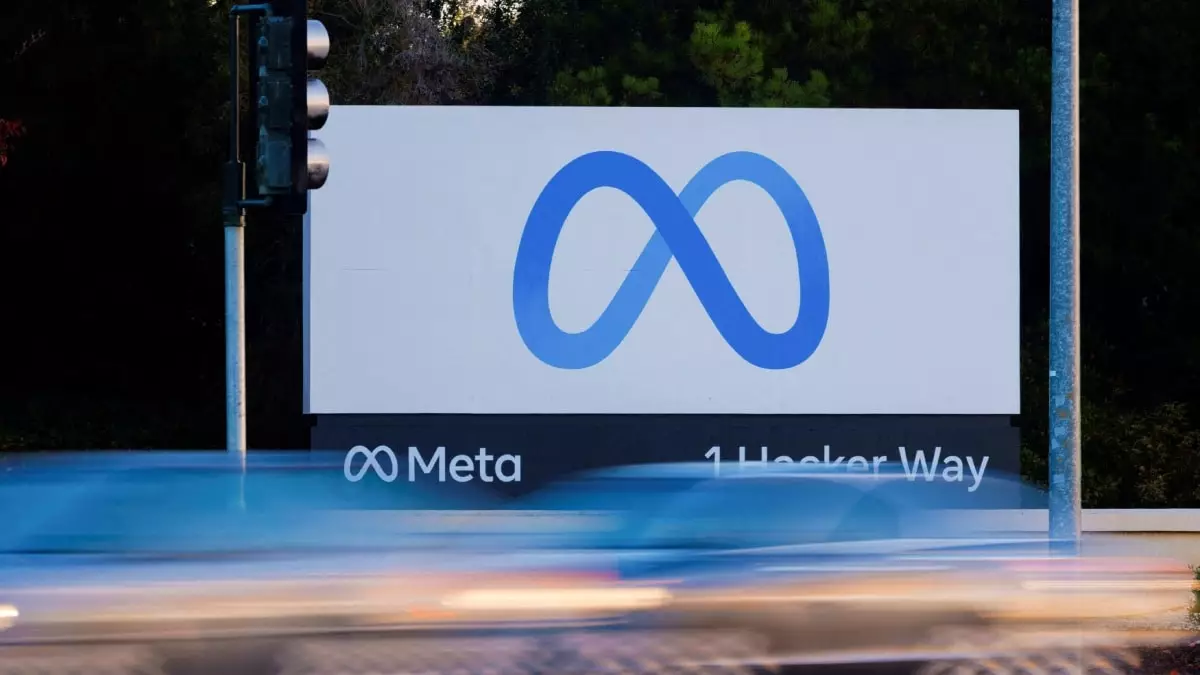In a significant enforcement action, the European Union’s premier privacy regulator imposed a hefty fine of 91 million euros (approximately $101.5 million) on Meta, the parent company of Facebook. This fine stems from a troubling incident where the company inadvertently stored user passwords in an unprotected format known as ‘plaintext’. Such a lapse highlights the urgent need for robust data protection mechanisms, especially in an era where personal data breaches can have devastating consequences for users. This penalty reflects not only the gravity of Meta’s oversight but also underscores the growing intolerance of regulatory bodies towards inadequate data handling practices.
The Background of the Incident
The saga began when Meta reported the password storage issue to the Data Protection Commission (DPC) in Ireland, the designated regulator for many major U.S. tech firms operating within the EU. The DPC initiated an inquiry that has lasted five long years, illustrating the complexities and challenges involved in regulating vast, multifaceted organizations. Meta’s admission that user passwords were stored in a vulnerable format raises fundamental questions about the company’s internal data security protocols. Irish DPC Deputy Commissioner Graham Doyle articulated a crucial point: there exists a “widely accepted” understanding within the industry that user passwords should never be stored in plaintext due to the heightened risk it poses.
In response to the incident, a Meta spokesperson asserted that the company made immediate corrections following the discovery of the issue during a security review in 2019. They emphasized that there was no concrete evidence demonstrating that the compromised passwords were accessed improperly or abused. This claim, however, does little to mitigate the potential risks associated with such lax security measures. The engagement of Meta with the DPC throughout this inquiry may indicate a willingness to cooperate, but it raises concerns about the company’s accountability in maintaining stringent security standards when handling sensitive data.
Meta’s fine is part of a broader narrative regarding data protection enforcement under the EU’s General Data Protection Regulation (GDPR), introduced in 2018. Over the past few years, the DPC has accumulated an astonishing total of 2.5 billion euros in fines levied against Meta for various breaches. This includes a notable 1.2 billion euro fine earlier in 2023, which Meta is currently contesting. Such figures reflect the EU’s commitment to holding organizations accountable for negligence in data privacy and enforcing stringent standards meant to protect consumers.
As the digital landscape becomes increasingly intertwined with daily life, the stakes of data protection grow significantly. Meta’s recent fine serves as a stark reminder that companies must prioritize the security of user data. The ramifications of failing to do so can be severe both for users and the companies themselves. With heightened scrutiny from regulators, it is vital for firms, especially those with vast user bases like Meta, to adopt comprehensive strategies that not only protect individual privacy but also reinforce consumer trust. The evolution of data privacy standards, as illustrated by this incident, will undoubtedly be closely monitored in the future, shaping policies and practices across the entire tech industry.


Leave a Reply